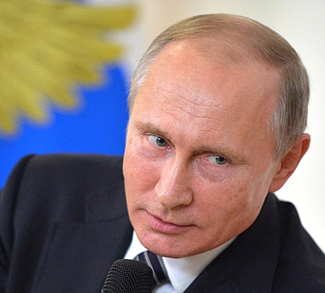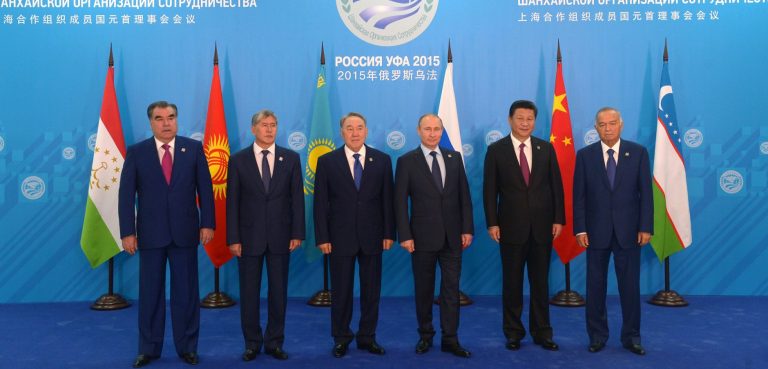Well over two years into Russia’s full-scale invasion of Ukraine, the United States has finally given limited support to Ukraine to use its weapons on Russian soil, but only in the immediate vicinity of Kharkiv. The ability for Ukraine to strike military targets inside Russian territory with US- and Western-supplied weapons is a logical next step in the course of the war. At present, Russia is making more territorial gains in the north and east around Kharkiv; the political calendar in the West is looking less favorable toward Ukraine, and pressure will continue to build for a negotiated settlement. Given this operating environment, a green light from Washington for striking targets deep inside Russia, not just across the border, would provide Ukraine with significant leverage and a morale boost. However, long-range strikes are still deemed too escalatory by the U.S. and Germany, but notably not by France, previously one of Ukraine’s most cautious supporters, which in the early phase of the war was worried about ‘humiliating’ Russia.
So far, the UK, Finland, Sweden, Poland, the Baltic states, and others have given Kyiv approval to use their weapons to strike inside Russia, with the Dutch defense minister adding that it ‘shouldn’t even be a subject of debate.’ France has come to a similar conclusion, with President Macron saying Ukraine should only ‘neutralize’ specific military sites inside Russia from where missiles are launched. Germany has started to relax its stance but still hasn’t provided Ukraine with the Taurus weapons that are capable of reaching Russian soil.
As the 2024 election nears, Washington looks increasingly isolated from its European allies in NATO who are beginning to carry their weight and act in the name of strategic autonomy and burden-sharing that has long been a sticking point in the transatlantic alliance. Coupled with the fact that the U.S. and Germany are likely to continue to oppose a membership action plan for Ukraine at the upcoming NATO summit in July in Washington, Ukraine’s future Euro-Atlantic trajectory looks more perilous. President Macron will host Biden for a state visit in Paris one month prior to the summit, where he is likely to press Biden further on Washington’s long-term commitment to Ukraine. There will be immense pressure on Washington in the coming months to discard its fears over escalation in order to lend greater support to Ukraine should Donald Trump win re-election in November. A second Trump administration will likely be much more conciliatory towards Moscow and its security needs while placing less faith in US intelligence agencies.
The course of alliance unity has shifted remarkably since the full-scale invasion of Ukraine began over two years ago. Some states have remained consistent in their clear-eyed military and strategic support while others like France have witnessed a remarkable turnaround. The United States remains Ukraine’s strongest ally when it comes to military materiel and logistics, but it has not yet demonstrated the strategic confidence and the political will necessary to enable Ukraine to win. Germany remains a reluctant power in Europe, while Poland has become a confident and self-assured power in its own right. France is no less confident but has only recently developed the strategic insight to view Central Europe, and thus Ukraine, as part of the formerly ‘kidnapped West,’ or formidable allies in protecting Europe rather than wayward and trapped vassal states. Biden and his team are proud Atlanticists, but the shock of the Trump presidency, increased competition with China, and the perception that American power and influence is decreasing in certain areas of the globe has dimmed the vigor behind Biden’s transatlantic agenda.
Like most other policy debates surrounding the conflict, Washington has started to come around but only after most NATO allies have shown greater leadership and confidence in dealing with Russia. Russia is committed to a protracted war in Ukraine, mobilizing the nation towards a war economy and notably tapping an economist to lead the defense ministry. It is naturally harder for NATO allies to remain committed to Ukraine as most are full or flawed democracies susceptible to a range of domestic factors and the changing will of the voters. The upcoming NATO summit in Washington is the time to ensure that Ukraine wins this war and becomes a member of the alliance once hostilities have ceased and Ukraine’s pre-invasion territory is fully recovered. President Putin will no doubt view this as a sign of aggression and escalation on the part of the West, and he may even threaten nuclear consequences. NATO should defiantly make clear, however, that the process of enlargement and the unity of the alliance does pose a direct threat to Russia – a direct threat to Russia’s ability to prosecute and ultimately to win this war.
The views expressed in this article belong to the author(s) alone and do not necessarily reflect those of Geopoliticalmonitor.com.




